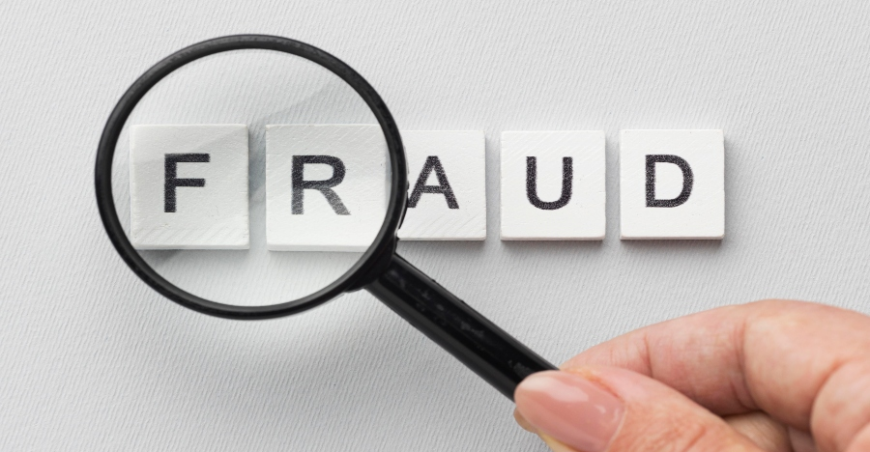If loved ones are manipulating a loved ones will after their demise you may be asking yourself the question of when to challenge a will for fraud. After a Will goes through probate, sometimes beneficiaries or other interested persons decide that they are dissatisfied or have reason to be suspicious of the Will's devises and beneficiaries. In this case, it is possible for them to still present their case--though, since the Will has already been probated, the time to file a caveat is over. Instead, the person may challenge a will for fraud.
Who can Challenge a Will, and Why?
Typically, only interested persons can challenge a Will. This includes beneficiaries already listed in the documents, as well as those who would be expected to be a beneficiary such as heirs, spouses, and other family members. You may also have a right to challenge if you are a beneficiary of an earlier will, or would otherwise be an intestate beneficiary. The challenger must also be at least eighteen years old, and should have a justification for their challenge. This justification usually falls under the following categories: fraud, undue influence, and insane delusions.
Challenging a Will: Fraud
Fraud occurs when the testator of a Will is not aware of what they are signing, are forced to sign, or if they sign under false information. Similarly, if the signature is not theirs at all, the Will may be considered invalid. Duress is one category of fraud. This takes place when the testator is threatened to sign, or if they otherwise feel that they are in danger if they do not write their Will in a specific way. This also occurs when someone else takes full control over their estate planning and drafting of the Will, and makes decisions that the testator typically wouldn't otherwise choose.
It's also possible to argue fraud in execution. This happens when the testator is unaware of what they are signing, either because they do not have the capacity to understand or because they are manipulated into signing what they believe to be a different set of documents. If they sign the Will without understanding everything within the document and being a part of each decision, it is possible to argue fraud.
Finally, if the testator is lied to and writes their Will according to this false information, it can be argued that the is the product of fraud in the inducement.
Challenging a Will: Undue Influence
In order to create a Will, the testator must have Testamentary Capacity. This means that they understand the value of their estate as well as the contents of their Will. When a testator fails to meet this standard, they may be found to have fallen prey to undue influence. A person must not understand every single aspect and the standard for testamentary capacity is not a high bar but and often very fact dependent.
Undue influence occurs when a testator is influenced inappropriately by someone in order for the Will to be written as the influencer prefers. The influencer must cause the testator to make decisions in their Will that they would otherwise not make. This can be difficult to prove, as proof is usually circumstantial. New Jersey will assess the vulnerability of a testator, which may be a result of age, mental capacity, or economic need. There are two key factors that can shift the burden of proof (1) confidential relationship and (2) suspicious circumstances. If the burden is deemed shifted, it is then on the party who wants the will admitted to probate to meet the evidentiary standard to have the Will remain valid and enforceable.
Challenging a Will: Insane Delusions
Finally, you can challenge a Will based on insane delusions. In order to do this, you must prove that the testator was suffering from an insane delusion at the time the Will was drafted, and that it affected the contents of the Will as a result. An insane delusion doesn't need to actually be insanity. "False beliefs" are included under insane delusions, and can include any belief that can't be proven by demonstrative evidence, such as spiritual or religious beliefs.
If a testator's mental capacity is in question, but they are able to draft their Will in lucid intervals, the Will may remain valid. Again, their insane delusion must be proven to have significantly impacted the contents of their Will.
Do Not Wait, Or It May Be Too Late
The most important thing to remember is there is a very short timeframe within which to challenge a will once admitted to probate in New Jersey. The timeframe is only four months if you are a resident of New Jersey, and six months if you reside outside of New Jersey. There are limited exceptions, including not receiving notice if a Will was submitted for probate. However, to avoid possibly losing your right to challenge a Will for fraud, undue influence, or insane delusion, you can contact the County Surrogate Court where the Decedent resided to confirm if a Will has been submitted for probate. Wills cannot be submitted for probate until ten days after the passing of the Decedent, so normally it is worth checking two to four weeks after someone has passed, to see if a Will has been submitted for probate.
These are just a few ways to challenge a Will for fraud, undue influence, or insane delusion and there are many other factors that go into determining whether there is sufficient cause to challenge a Will.

